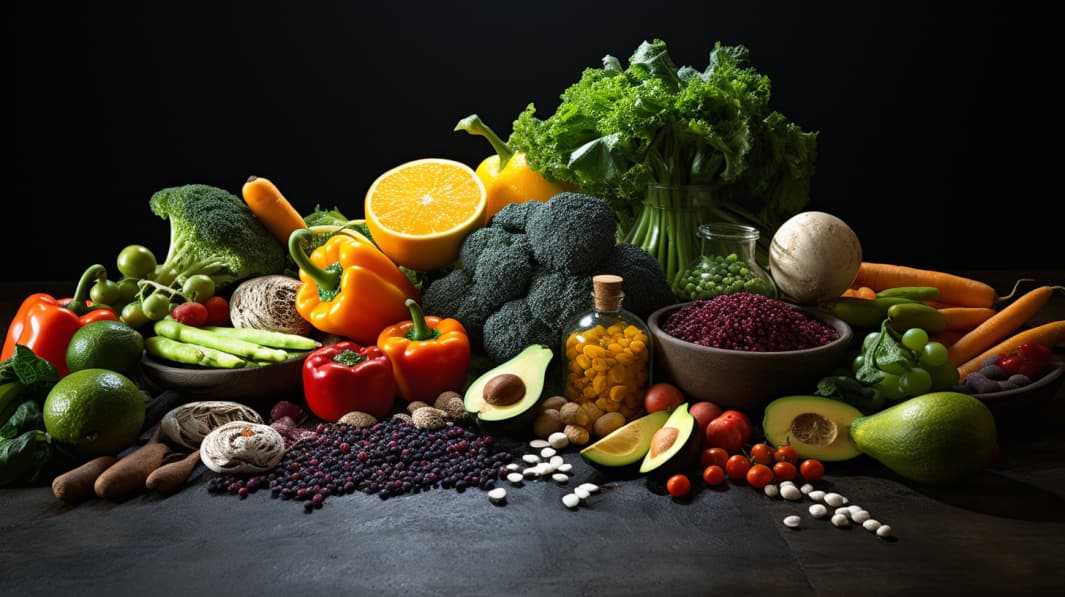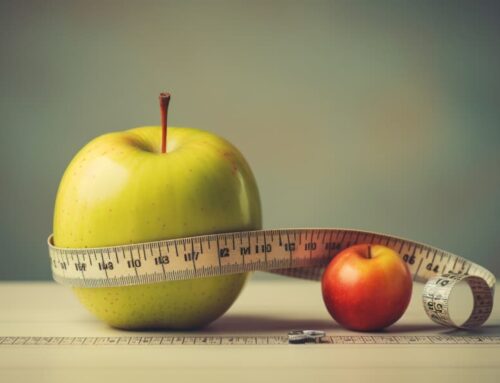Crafting a nutrition plan post-treatment is essential for sustained weight loss success, tailoring diet plans to individual health conditions and goals. Healthy habits, integrated into post-treatment care, solidify the foundations for long-term well-being, particularly for individuals managing chronic diseases. This guide delves into the intricacies of post-treatment nutrition, emphasizing the significance of a well-rounded and personalized approach.
Navigating the complexities of dietary choices post-treatment ensures that individuals cultivate habits that complement their weight loss journey and contribute to overall health. From understanding nutritional requirements to establishing sustainable dietary habits, this exploration serves as a valuable resource for individuals seeking post-treatment essentials that align with their health objectives. As nutrition plays a central role in post-treatment care, this guide offers insights and practical tips to empower individuals in creating a nutrition plan that not only supports weight loss but also fosters a lifestyle marked by vitality and sustained well-being.
Importance of Nutrition and Diet
To achieve successful weight loss, it is crucial for you to prioritize the importance of nutrition and diet in your post-treatment journey. While exercise plays a role in weight loss, it is essential to understand that nutrition and diet are the key factors. Incorporating a well-balanced diet that includes fruits, vegetables, lean proteins, and whole grains can provide the necessary nutrients for your body while promoting weight loss.
Managing cravings during weight loss is crucial. It’s important to find healthier alternatives to satisfy your cravings, such as opting for a piece of fruit instead of a sugary snack. Moreover, staying hydrated and listening to your body’s hunger and fullness cues can help you make healthier food choices and prevent overeating. By focusing on nutrition and managing cravings, you can achieve long-term, sustainable weight loss.
Key Nutrients for Post-Treatment Maintenance
In order to maintain your post-treatment weight loss, it is essential to focus on consuming key nutrients that support your body’s overall health and well-being. These key nutrients play a crucial role in post-treatment maintenance by providing the necessary fuel for your body to function optimally. One key nutrient to prioritize is protein, as it helps to build and repair tissues, maintain muscle mass, and keep you feeling fuller for longer.
Additionally, consuming adequate amounts of fiber is important for regulating digestion and promoting satiety. Essential fatty acids, such as omega-3s, are also crucial for post-treatment maintenance as they support brain health and reduce inflammation in the body. Finally, vitamins and minerals, such as vitamin D, calcium, and magnesium, are important for maintaining bone health and overall vitality. By including these key nutrients in your diet, you can support your body’s post-treatment maintenance and achieve long-lasting weight loss success.
Balancing Macronutrients for Weight Loss
Achieving weight loss goals requires carefully balancing macronutrients to ensure your body receives the optimal fuel it needs to shed excess pounds and maintain a healthy weight. Macronutrient ratios play a crucial role in weight loss, as they determine the proportions of carbohydrates, proteins, and fats in your diet.
It is recommended to follow a balanced macronutrient ratio, such as 40% carbohydrates, 30% proteins, and 30% fats, to promote weight loss effectively. Additionally, meal timing is an essential factor to consider. Eating smaller, more frequent meals throughout the day can help stabilize blood sugar levels, boost metabolism, and prevent overeating. It is important to space your meals evenly and avoid skipping meals to maintain a steady supply of nutrients and energy throughout the day.
Incorporating Whole Foods Into Your Diet
Continue fueling your weight loss journey by incorporating whole foods into your diet, ensuring optimal nutrition and sustained progress. Whole foods are unprocessed or minimally processed, providing you with essential nutrients and health benefits. Here are three reasons why incorporating whole foods into your diet is crucial:
- Nutrient-rich: Whole foods are packed with vitamins, minerals, and antioxidants that support your overall health and well-being. By consuming whole foods, you nourish your body with the necessary nutrients it needs to thrive.
- Satiety: Whole foods are often high in fiber and protein, which can help keep you feeling full and satisfied for longer periods. This can prevent overeating and aid in weight loss efforts.
- Variety: Incorporating whole foods allows you to experiment with a wide range of flavors and textures. Try exploring whole food recipes to discover new and delicious ways to enjoy nutritious meals.

Portion Control and Mindful Eating
To maintain your progress with incorporating whole foods into your diet, focus on practicing portion control and mindful eating. Mindful eating techniques can help you become more aware of your body’s hunger and fullness cues. Start by eating slowly and savoring each bite, paying attention to the taste and texture of the food. Avoid distractions such as TV or smartphones during meals, as they can lead to mindless eating.
Portion control strategies can also be helpful in managing your calorie intake. Use smaller plates and bowls to help control portion sizes. Measure out serving sizes or use visual cues, such as using your hand as a guide for portion sizes. By being mindful of your eating habits and practicing portion control, you can support your weight loss journey and maintain a healthy diet.
Building Healthy Eating Habits
Start by incorporating healthy eating habits into your daily routine. Building healthy eating habits is essential for long-term weight loss and overall wellness. Here are three important tips to help you establish and maintain these habits:
- Healthy meal prep: Plan and prepare your meals in advance to avoid making unhealthy food choices when you’re hungry or pressed for time. Set aside a specific time each week to grocery shop and batch cook nutritious meals that you can easily grab and enjoy throughout the week.
- Mindful snacking: Instead of mindlessly reaching for unhealthy snacks, practice mindful snacking. Pay attention to your hunger cues and choose nutritious options such as fruits, vegetables, or nuts. Take time to savor each bite and listen to your body’s signals of fullness.
- Consistency and moderation: Strive for consistency by sticking to a regular eating schedule and making healthy choices most of the time. Remember that moderation is key – it’s okay to enjoy occasional treats as long as they are balanced with nutritious meals and snacks.
Final Thoughts
Maintaining a proper nutrition plan is crucial for successful weight loss post-treatment. By focusing on key nutrients, balancing macronutrients, incorporating whole foods, practicing portion control, and building healthy eating habits, you can achieve your weight loss goals and maintain a healthy lifestyle. Remember, consistency and mindfulness are key to sustaining long-term results.





